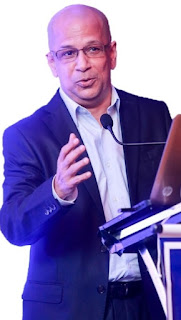MTI highlights economic reality of lankans working abroad
There have been calls to ban Sri Lankan maids from going abroad. Emotionally, this is understandable, but logically and realistically consider the following as well: • We have 1.7 million Sri Lankans working abroad, remitting over $ 6.5 B and there about five million people (25% of our population) who depend on this. Also, it is this inflow that is helping to pay for the imports (the cars we drive in Colombo) and to ‘hold’ our currency at least where it is today. • The $ 6.5 B that these expat Sri Lankans remit is about four times what we earn from tea, 50% higher than what we earn from apparel (with relatively low value addition) • Most of the lower-end blue collar domestic helpers go for such jobs out of economic desperation. If not why would someone leave your family behind for two years and go abroad for job that pays you as little as $ 250 a month? We can all talk of morals and principals but I guess we have no clue of what it is to be in such a desperate state? • Yet, th






